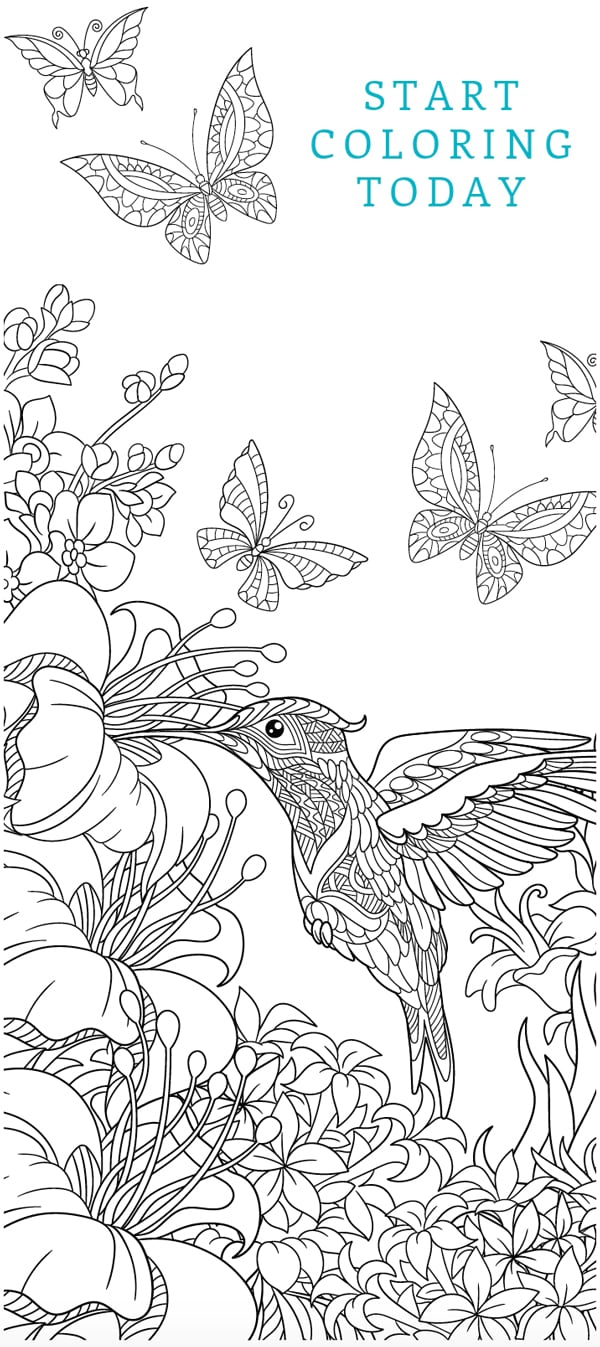“…for the practice of the hand doth speedily instruct the mind, and strongly confirms the memory beyond anything else.”
Henry Peachman, author,
Complete Gentleman, 1634
As early as the 17th century they believed that the art form of coloring benefitted the brain. The first “coloring books”, 1612’s Poly-Olbion by Michael Drayton, were volumes of poems that included engraved maps of countries in England and Whales. It is said that rich aristocrats hand-colored the maps and accompanying “fantastical creatures” with watercolors.
In 1760, Robert Sayer’s The Florist became the first book of illustrations that were meant to be colored – by the adult owner. They used the books as a form of artistic instruction and included directions on mixing color pallets.
Illustration books for children didn’t evolve until 1850 when the first US kindergarten was established. They also designed these books as a learning tool.
There has been a strong re-emergence of adult coloring books in recent years and with good reason. Research now shows that coloring does have several beneficial impacts on the brain.
They have shown coloring to:
- Reduce anxiety and stress
- Improve mindfulness
- Improve focus and concentration
- Help fine motor skills and vision
- Encourage creativity
These benefits can be gained by coloring any design that interests you and there is a wide variety of coloring subjects to choose from. If you want to take this brain-boosting art form further, try one of these techniques to experience an even greater boost in brain and emotional health:
- Make up a story that goes along with the picture as you are coloring.
- Buy adult dot-to-dot books to color.
- Try color-by-number variations.
- Create your own doodles to color.
- Color using your non-dominant hand.
- Color using different mediums on the same page using a pattern.
- Color with a friend or a child.
- Color while listening to different types of music and observe the difference in the results.
There are so many options to use this tool to improve your brain and emotional health so no matter how or what you color, color. Your brain and soul will thank you.


Karen Poteat – LPN, Gerontology & Dementia Specialist
Guest columnist, Karen Poteat is a licensed nurse with over 25 years’ experience as a gerontology and dementia specialist. She owns and operates 2 specialized senior programs, Aiken Active Seniors and Club Thrive Activity Center, where she proactively helps people living with dementia and their families be their very best. She created Confetti for Your Brain, which can also be found on Facebook, to share insights, tips, and the latest best practices to help you keep your brain happy so you can age well. Karen can be contacted at 803-226-0355 or at Karen@aikenactiveseniors.com. For more information about her local programs for seniors, please visit the centers at 944 Dougherty Road or learn more on the web at AikenActiveSeniors.com and MyClubThrive.com
























